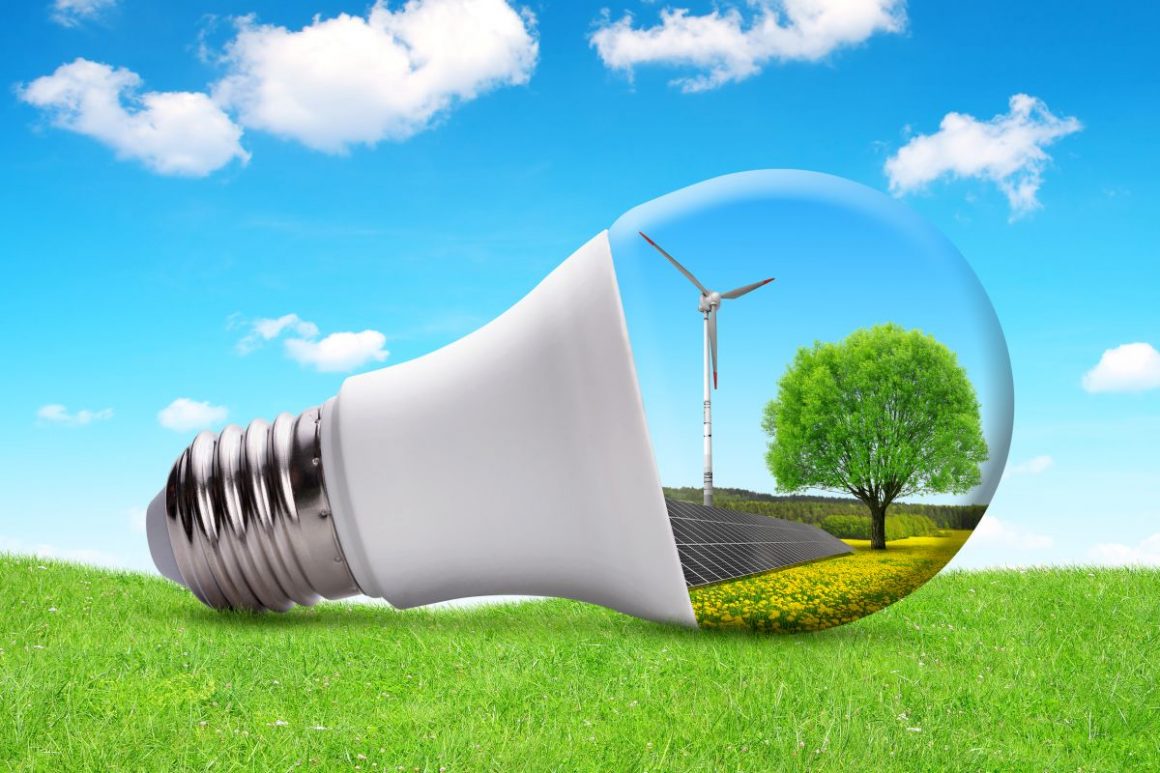The terms energy efficiency and energy conservation are often used interchangeably, but they have distinct definitions. However, efficiency and conservation have a similar goal — to reduce energy use. Here’s the difference. Energy efficiency involves using technology that requires less energy to perform the same function while energy conservation involves using less energy by adjusting your behaviors and habits. Here are a few examples:
- Buying an electric or hybrid car is more energy efficient than driving a conventional car. However, to employ energy conservation one could get rid of a car, car share, use Zip cars, combine trips, carpool, forgo trips, and/or work from home.
- Using a light-emitting diode (LED) light bulb that requires less energy than an incandescent light bulb to produce the same amount of light is energy efficient. Turning the lights off when leaving the room or illuminating a room using sun tubes or sky lights is conserving energy.
- Buying Energy Star appliances such as washers, dryers, and dishwashers is energy efficient. Hanging clothes out to dry or forgoing the heat cycle on your dishwasher in favor of air drying is energy conservation.
Both energy efficiency and energy conservation are important and should be used in tandem. The end goal is to reduce the total amount of energy we each consume.

